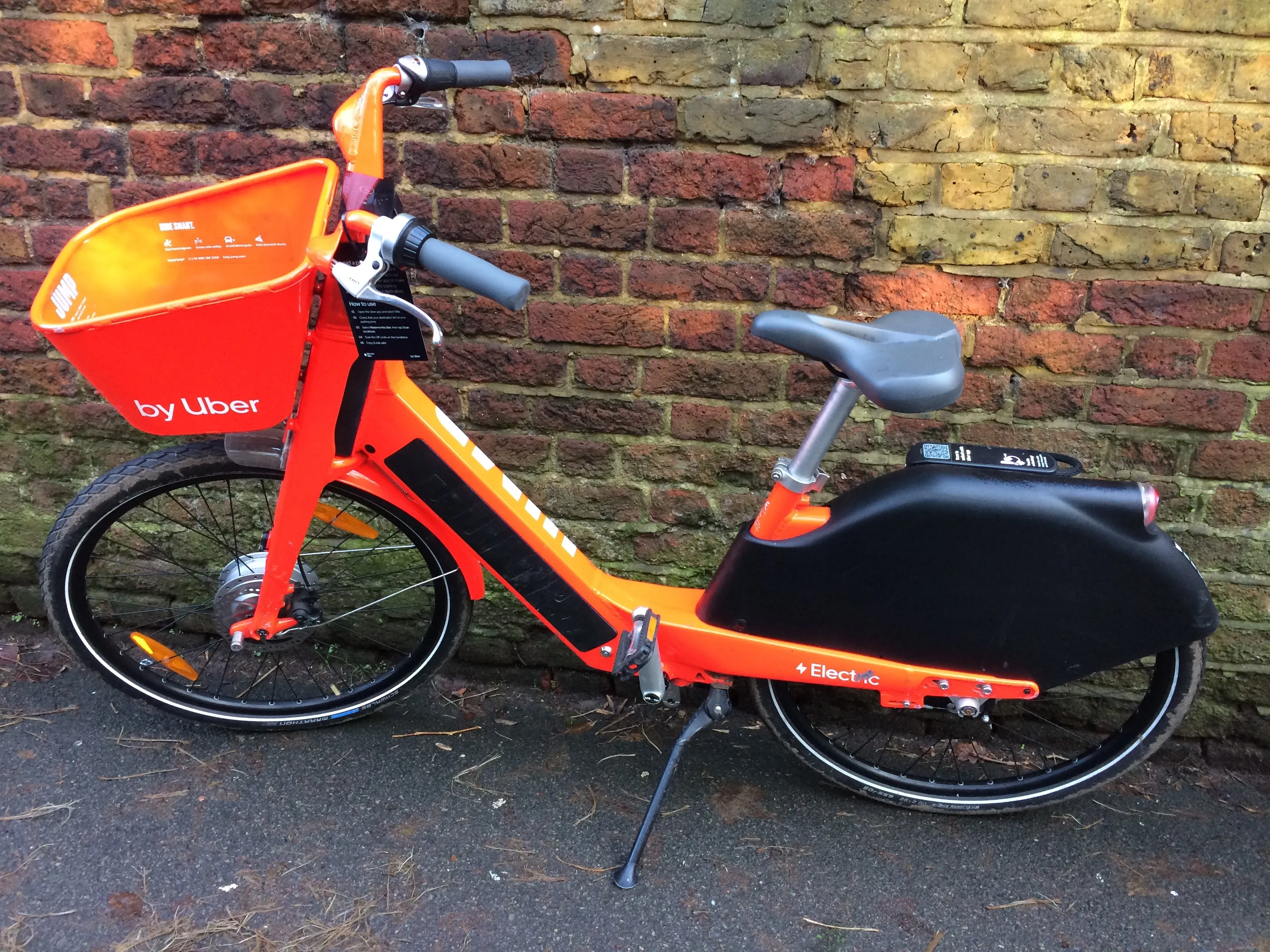
Micromobility software platform Joyride is partnering with automatic incident detection network Flare Aware in a bid to boost micromobility safety for e-bike and e-scooter riders.
One of the primary reasons for road traffic collisions is a lack of driver awareness, particularly regarding vulnerable road users such as e-bike or e-scooter riders. The Flare Aware Network aims to tackle this issue by creating a connection between micromobility users and drivers.
The network provides incident avoidance capabilities by pre-warning drivers when a vulnerable road user, such as an e-scooter rider, is in their blind spot. By joining the network, riders in turn gain access to incident avoidance capabilities that can prevent accidents caused by human error.
The integration of Flare also enables micromobility operators to analyse and share incident data with local authorities, contributing to the design of safer streets and improved infrastructure for all road users.
Flare Aware will be available to the micromobility operators that Joyride serves as an app plug-in that users can opt to use without needing to add additional hardware, running in the background of Joyride’s customised micromobility rental Rider App.
Adding the kind of enhanced safety features afforded by Flare Aware may well soon become a requirement with city authorities, says Vince Cifani, Joyride founder and CEO: “Large micromobility operators are already using this technology, and it will soon become industry standard. Independent operators vying for permits will require this safety advantage in order to stay competitive.”
The partnership adds to Joyride’s suite of existing safety features, including vehicle usage tutorials, safe riding gamification tools and instant reporting tools, which are designed to maximise the ride experience while minimising crashes and vehicle damage for fleet operators and users.
Meanwhile, Flare's incident detection platform will also be used in Voi's rental scooters, with all Voi vehicles on the pre-warning Flare Aware network used by delivery fleets and large vehicles.
Charlie Wilson, chief commercial officer at Flare, said: “Improved safety is universally called out as a requirement across the micromobility industry, so we are delighted to be working with such an innovative and conscious partner in this area with Voi."
Soff Razavi, head of road safety at Voi, said: "Flare's advanced safety technology will help us to detect and prevent accidents, and ensure that our riders have the safest possible experience. We believe that this partnership will help to transform the micromobility industry and make it safer for everyone."










